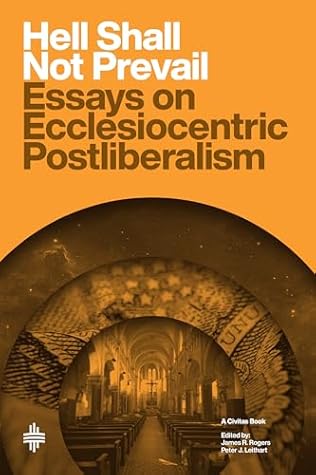From the first, the church posed a political challenge because she preached an inherently political message. The apostolic gospel was the good news of the risen Christ Jesus, the anointed Son of David, exalted by His Father to a heavenly throne as King of kings and Lord of lords (Ps 2; Eph 1:21–23; Phil 2:1–11). The gospel made totalizing claims, summoning all rulers and all peoples to acknowledge the church’s Lord as Lord of all, and to submit all they are and have to His reign.
Euangelion ("good news"), like ekklesia ("church"), koinonia ("fellowship"), kyrios ("Lord"), etc., was an inherently political word and would have been heard as such in the first century. It was a word that often denoted political tidings.
Whenever Ceasar conquered a new territory he would send the "good news" of his victory via heralds (euangelistes) to all the empire, including the newly conquered territory. "Good news! You are now under Roman occupation and control! Be good citizens or be further punished!"
Jesus's victory on the cross and from the grave over sin, death, Satan, and his "seed" (the ungodly) is our euangel. "Good news! Jesus has conquered! He is Lord! Accept His gracious invitation to mercy and fellowship or be crushed!"


